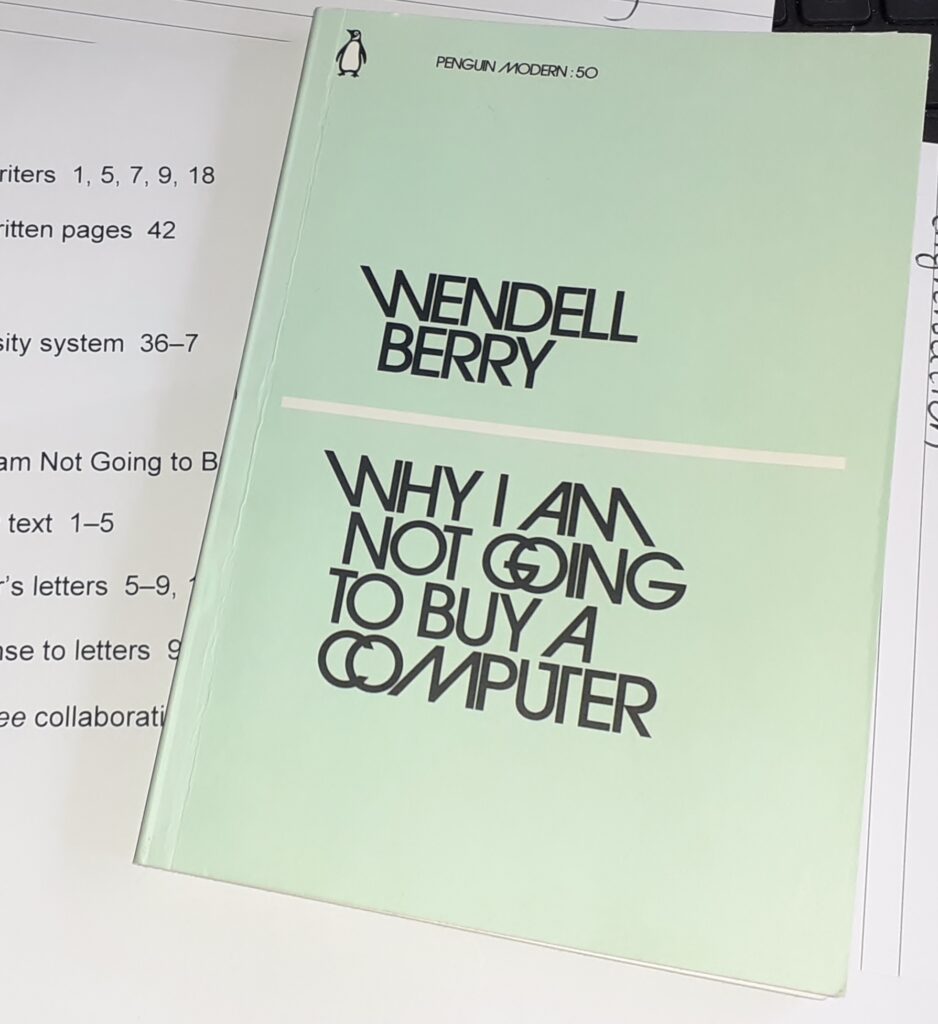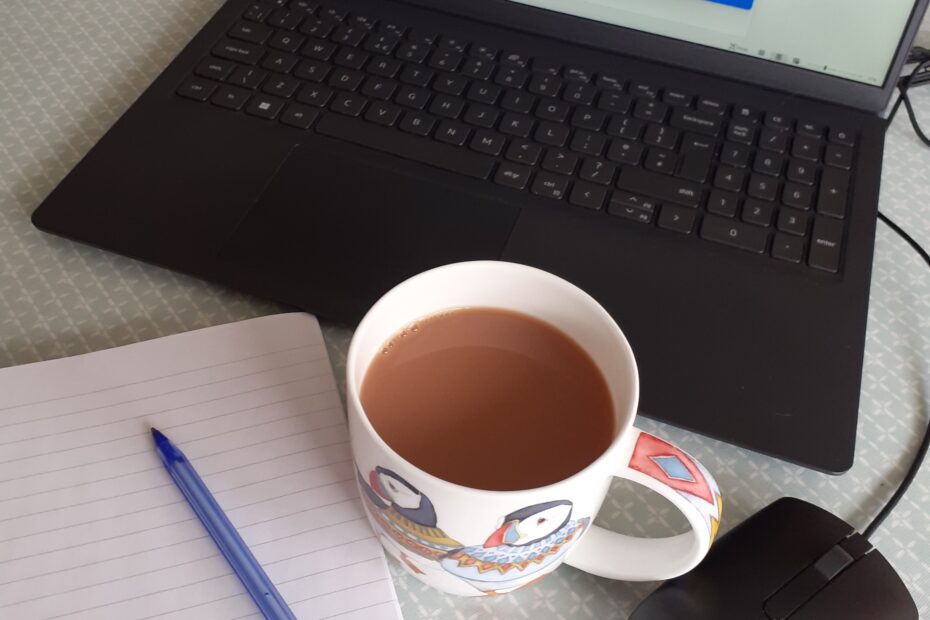This year, the Society of Indexers conference theme was ‘Human Indexing in a Digital World’. Held online, the conference took place on Wednesday 18 and Thursday 19 September. This blog post describes some key points I gleaned from the sessions I attended.
The first main session was about the uses of Artificial Intelligence (AI) in the publishing industry and the implications for freelance workers, specifically for indexers. Independent publishing consultant George Walkley outlined the ways publishers are making use of AI tools. This was followed by Tanya Izzard who looked at whether and how AI can be used by indexers. There are no dedicated AI indexing tools yet, but Tanya made use Claude and Adobe AI Assistant to see if they could achieve some indexing tasks, for example summarizing text, extracting keywords or proper names, and drafting an index. She found they gave mixed results, for example, they were unable to distinguish between significant discussion of a topic and passing mentions. In contrast to AI’s use of algorithms to generate likely answers to a question, sometimes creating hallucinations when no answer is available, human indexers make use of empathy, judgement, indexing skills, and subject knowledge. Tanya reminded us that publishers often ask us to sign contracts that rule out the use of AI tools, and she listed ethical considerations when using AI, such as the environmental cost of computing. (Tanya has written a blog post about AI on the Society of Indexers website).
After a short break, it was time for delegates to attend a breakout room of their choice. I attended the session for students and newly qualified indexers called ‘Ask the New Professionals’. Although I’m slightly too far into my indexing journey to be classed as ‘new’, I have recently been helping New Professionals Director, Ruth Martin, write a series of information leaflets for this group of SI members (more on this below), so I’m up to date with the issues and challenges faced by this group. We had an interesting discussion covering questions about time management, fees, software options and more.
After another short break, we had presentations from Stephen Ullstrom and Pierke Bosschieter on the main software programs available to indexers. Legacy management and open-source software were key discussion points.
On Day 2, the first session was an entertaining and informative session about The Frankfurt Kabuff, a novella written by publishing academics, Claire Squires and Beth Driscoll, as a means of creative research into the publishing industry. They explained how they expanded the research by creating a critical edition of The Frankfurt Kabuff, including essays and other supporting material. They commissioned a playful index for the book from Paula Clarke Bain. Paula explained how she started by brainstorming all the indexing techniques available to her, such as use of fonts to differentiate the many types of material within the book. She found ways to stretch and subvert these techniques, even including a heading, ‘orientation, unusual,’ rotated to read vertically instead of horizontally. The index has been mentioned in marketing for the book, including in podcasts and book reviews, for example, in Madelon Nanninga’s review on the Sharp News website.
In the second session, Mary Coe spoke about the project she has been involved in to fill gaps in library and information science-related content on Wikimedia platforms. The project is a partnership between Wikimedia Australia, the Australian and New Zealand Society of Indexers (ANZSI) and Charles Sturt University School of Information and Communication Studies. Information about indexing is being added as part of the project. You can read more about it at this link.

Next, it was time to get involved by joining in with a Peer Review session, run by Alan Rutter. There were approximately eight of us in the group, ranging from very new students to experienced indexers. We had all prepared an index in advance to the Penguin Modern Classics edition of Wendell Berry’s Why I Am Not Going to Buy a Computer. This 48-page text includes two of Berry’s essays and covers similar themes to the conference theme, despite both essays having been written in the late 1980s.
Comparing indexes by other indexers, particularly when you have also wrestled with the same text, is an excellent way to consider indexing techniques and to learn from each other. We looked at which topics within the book, if any, could be considered metatopics. We discussed which persons should be included, and whether some should be left out. We discussed space-saving layout options noting that all of us had used set-out layout for its clarity, rather than run-on layout, even though run-on can be a useful way of saving space. We debated when we should include qualifiers with headings to give context and decided it was particularly useful for terms that could be ambiguous. Feminism and gender were important issues in the book, and we discussed the ways these could be handled.
The final session of the conference covered Continuing Professional Development (CPD) opportunities in the Society of Indexers. This included news of the new Mentoring Scheme, and the launch of a new series of information leaflets for new professionals called Taking the Plunge (mentioned previously above). Six topics have been covered: setting up your business, about the publishing industry, time management, fee-setting and negotiations, invoicing, and marketing. I wrote the leaflet about time management, and contributed to the development of the rest of the series.
The conference ended with a roundup of current activities from indexing societies in the Netherlands, Australia and New Zealand, Germany, Canada, and the USA. At the very end of the conference, the date and venue for SI’s 2025 conference was announced. I am looking forward to being with my colleagues in person again in Birmingham next September.
